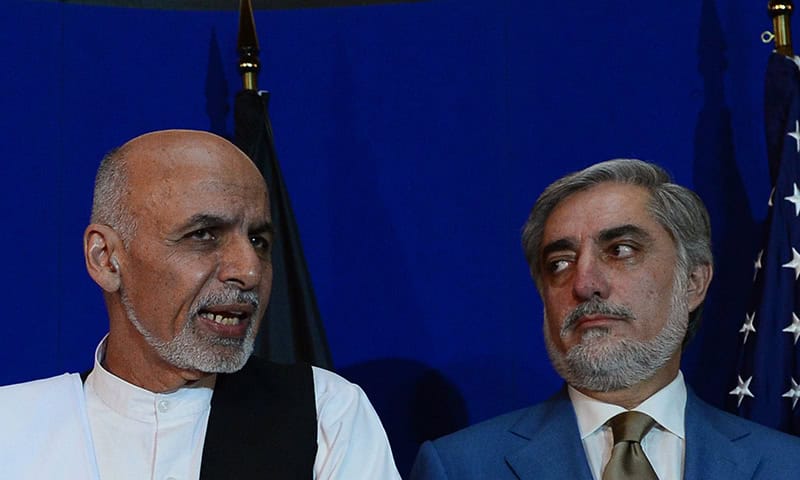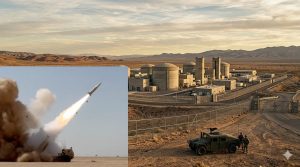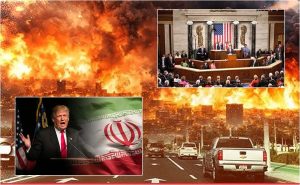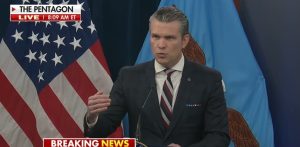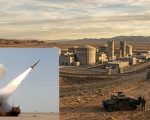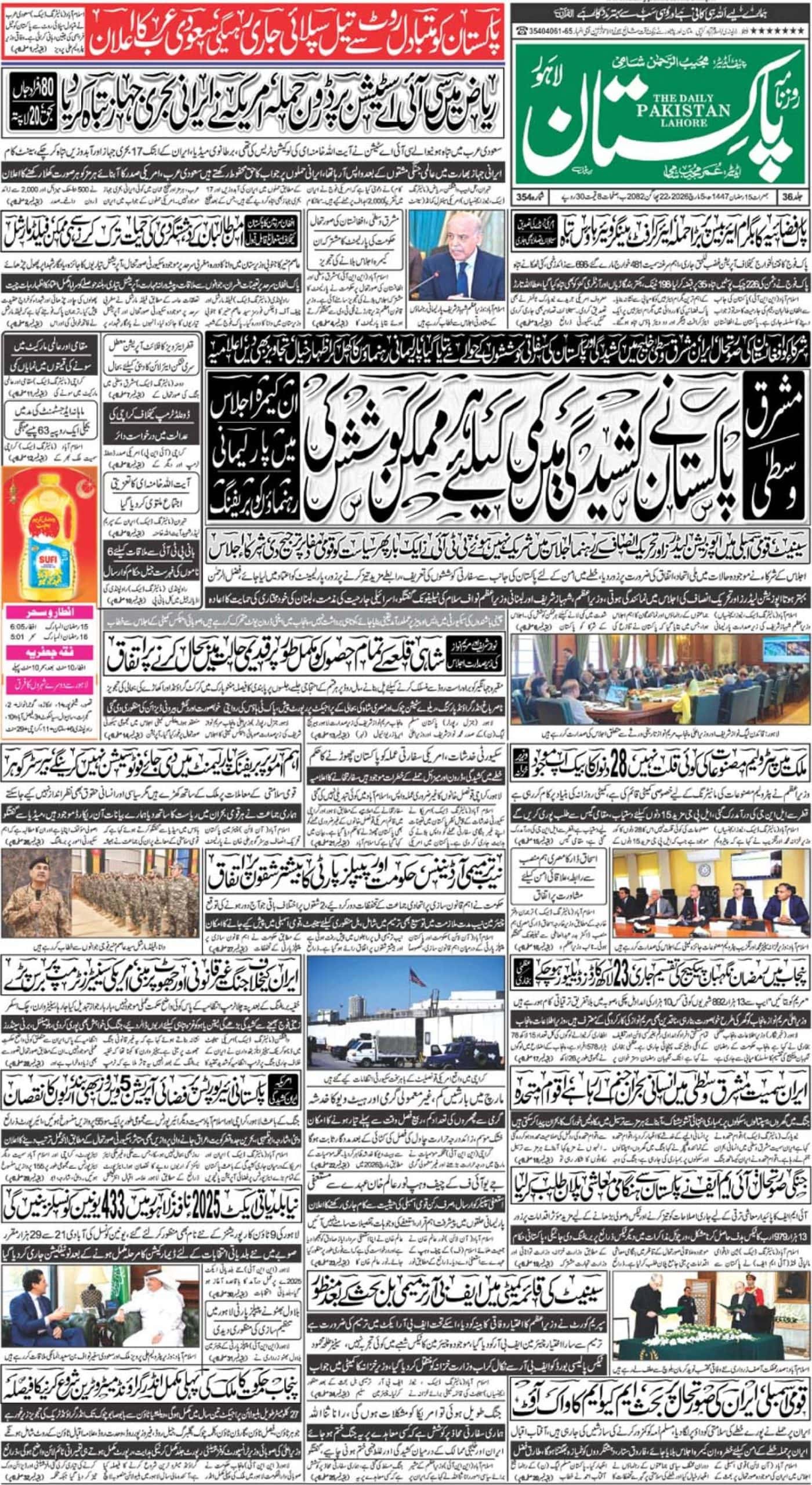KABUL – The long overdue Parliamentary elections in Afghanistan will be delayed once again after lawmakers rejected a Presidential decree on electoral reforms for a second time, fueling concerns of a possible unraveling of the fledgling and, at times, deadlocked Afghan National Unity government, which was formed in September 2014 as a result of a US-brokered agreement.
After being approved by the Meshrano Jirga – the House of Elders in the Afghan Parliament – the electoral reforms package now requires the assent of the Wolesi Jirga – the House of the People – and the Senate. The long-awaited reforms are considered necessary and also demanded by the international community to avoid the fraud committed in the previous elections.
Now a joint committee of both houses of Parliament will attempt to build consensus on the contentious question of electoral reforms. However, their first meeting on July 19 failed to produce any results, according to the Afghan media. The reports said all 10 members of the National Assembly in the joint committee renewed their opposition to the reforms in the first meeting.
The continued delays in the elections have created a problem of legitimacy for the Afghan government, and remain a significant road block in the country’s democratic transition.
The parliamentary and provincial councils’ elections scheduled for last year were delayed as the government failed to introduce reforms. This forced Ghani to issue a decree in June 2015 extending the Parliament’s tenure until a vote could be held. The extended period expired in June, this year.
An Afghan lawmaker, Fawzia Koofi, has claimed that some MPs are creating obstacles in the approval of the reforms because they fear they will not win their seats again.
However, other observers believe that President Ashraf Ghani and Chief Executive Abdullah Abdullah are not wholeheartedly committed to reforms, and are instead seeking to share power for another term on a formula similar to the one brokered by US Secretary of State John Kerry in 2014, upon which the current National Unity government stands.
The former chief of the Independent Election Commission of Afghanistan, Fazel Ahmad Manavi, has blamed the government for a “lack of commitment within the political leadership to implement systematic reforms in the election law,” Tolo TV has reported.
“The government is likely to face a credibility challenge unless the reforms are implemented and parliamentary elections held as scheduled,” Manavi was quoted as saying.
The former chief of the Independent Election Commission of Afghanistan, Fazel Ahmad Manavi, has blamed the government for a “lack of commitment within the political leadership to implement systematic reforms in the election law,” Tolo TV has reported.
“The government is likely to face a credibility challenge unless the reforms are implemented and parliamentary elections held as scheduled,” Manavi was quoted as saying.
Some also believe that the prolonged power struggle between the Afghan President and Chief Executive is also to blame. The formation of the Afghan Cabinet, which was completed this year, took one-and-a-half years to finalize for similar reasons.
The first vice president, General Abdul Rashid Dostum, has also complained of being deprived of his due share in government. Dostum told 1TV last month that he had not approved of the “fifty-fifty concept” from the start.
“We don’t have a single ambassador, what we have is only two governors,” Dostum was quoted as saying. Earlier, during the formation of the Caabinet, Dostum had demanded at least 10 ambassadors and the post of deputies for defense and interior ministers. However, his demands could not be accepted as all the ministerial positions were filled by Ghani and Abdullah, who were not willing to accommodate others.

